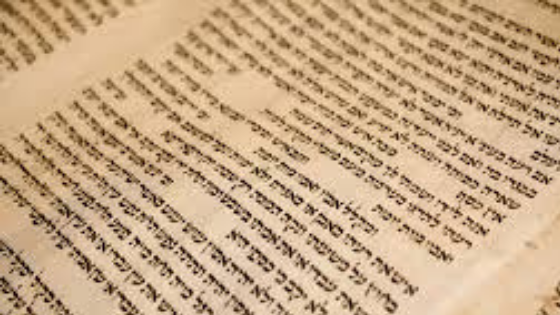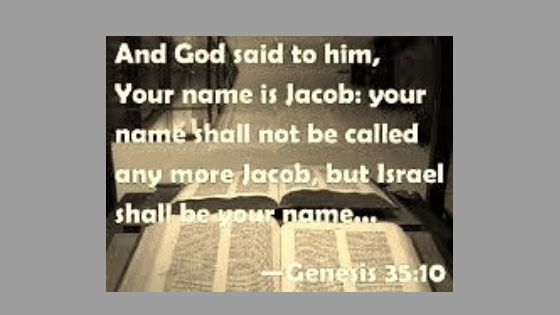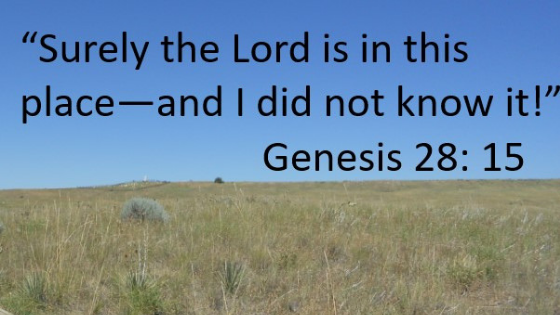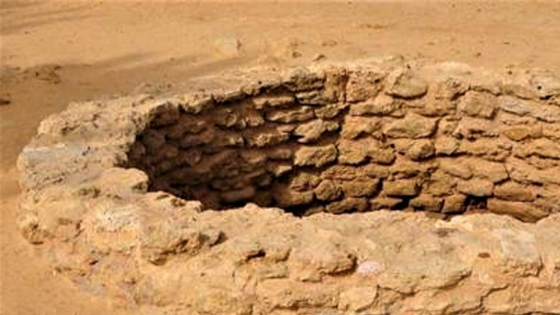Shabbat Table Talk
Parashat Vayeira – Erev Shabbat 26 October 2018
Week of 21-27 October 2018
Torah portion: Genesis 18:1-22:24 Haftarah: 2 Kgs. 4:1-37
Theme: The Power of Ten…or One
Download
 The outcry was great and the sin grievous – and Vayeira – he appeared. When the Creator appears, life happens and his visits are never uneventful. Babies are foretold, hospitality is shared, sin is destroyed, faith is enhanced, families are established, and covenants are created and renewed. This week’s Torah portion is no different.
The outcry was great and the sin grievous – and Vayeira – he appeared. When the Creator appears, life happens and his visits are never uneventful. Babies are foretold, hospitality is shared, sin is destroyed, faith is enhanced, families are established, and covenants are created and renewed. This week’s Torah portion is no different.
After the Lord visited Abraham and Sarah, making a laugh-inducing announcement about a forthcoming baby, an interesting interaction unfolds about his plans for the sinful city of Sodom. The Lord’s plans are not declared without a response from Abraham. Knowing the Lord to be just and always do what’s right, Abraham pleaded with the Lord for Sodom. He pleaded for the righteous, and the unrighteous. For the faithful and the sinful. Abraham is neither exclusivist, nor legalistic; after all Rashi explains, “God has appointed Abraham as the ‘father of a multitude of nations’ (Gen 17:5), and hence the people of Sodom are his children, too.” By his pleading, Abraham affirmatively answers his ancestors’ indignant question, “Am I my brother’s keeper?” (Gen 4:9). As Abraham’s seed, we too are our brothers’ keepers. Even those stuck in Sodom are our brothers.
Herein we face a challenge. Have you ever wondered if your life and your decisions really make a difference? With overwhelming challenges, pain and sin in our world, can a single lone voice do anything significant? Indeed it can. You can be like Abraham who pleads for a lost city. You can be like those ten righteous ones in Sodom whom God sought, but could not find (Gen 18:32-33). You can be the one for whom God directed Jeremiah to hunt: Go up and down the streets of Jerusalem, look around and consider, search through her squares. If you can find but one person who deals honestly and seeks the truth, I will forgive this city (Jer 5:1). You can be like the poor widow (2 Kings 4:1-7) or the wealthy Shunammite (2 Kings 4:8-14).
When facing despair and waywardness, God seeks out the righteous and those with open-handed willingness. No other qualifications matter. The women in the Haftarah demonstrate it matters not what we have or what we bring. The poor widow whose sons were destined for slavery, trusted the Lord with her small portion of oil. The wealthy Shunammite who had no son, created space for the Lord in her home. In response, God provided in tangible ways – with an abundance of oil to sell, and a son to look after her. And the power of one becomes apparent again as sons are spared from slavery, provisions are given, the Lord’s servant is housed, families are expanded, and life is restored. Let us not lose heart if we have little to offer, feel very alone, or see no good of our efforts. “For the eyes of the LORD range throughout the earth to strengthen those whose hearts are fully committed to him” (2 Chron 16:9).
For Reflection and Discussion: [1] How can you practically be your brother’s keeper today, particularly in the midst of “Sodom”? [2] Share a story from your experience that demonstrates the “power of one”. How do the Scriptures from Genesis 18, Jeremiah 5 and 2 Kings 4 encourage and challenge you about the “power of one”?
Bibliography: Plaut, The Torah: A Modern Commentary (Union for Reform Judaism, 2005)
This week’s teaching commentary is by
Rev. Dr. Kristen Bennett Marble, West Morris Church Senior Pastor, Indianapolis IN
Bat Kol Alum 2013
kristen@kristenmarble.com
[Copyright © 2018]
………………………………………………
PLEASE NOTE: The weekly Parashah commentaries represent the research and creative thought of their authors, and are meant to stimulate deeper thinking about the meaning of the Scriptures. While they draw upon the study methods and sources employed by the Bat Kol Institute, the views and conclusions expressed in these commentaries are solely those of their authors, and do not necessarily represent the views of Bat Kol. The commentaries, along with all materials published on the Bat Kol website, are copyrighted by the writers, and are made available for personal and group study, and local church purposes. Permission needed for other purposes. Questions, comments and feedback are always welcome.
………………………………………………………
Bat Kol Institute for Jewish Studies, Jerusalem
~~1983-2018~~
“Christians Studying the Bible within its Jewish milieu, using Jewish Sources.”
Website: www.batkol.info; Parashah Admin: gill@batkol.info



